Can Poor Oral Hygiene Affect the Success of Teeth Restoration Treatments?
Oral hygiene has always been a crucial aspect of overall health, yet many may not realize its impact on dental procedures such as teeth restoration. In the United States, dental restoration treatments, including crowns, bridges, and veneers, are popular solutions for repairing a damaged smile. However, the success of these procedures is closely linked to the individual's oral hygiene practices. This article explores how neglecting oral care can compromise the effectiveness and longevity of restoration treatments.
The Importance of Oral Hygiene in Teeth Restoration
Adequate oral hygiene is a cornerstone for the success of teeth restoration treatments. Proper brushing and flossing help remove plaque—a sticky film of bacteria that can cause tooth decay and gum disease—possibly overshadowing any restorative work. Studies have shown that poor oral hygiene can lead to the failure of dental restorations because it allows harmful bacteria to accumulate around the restoration site. Inadequate care can also lead to inflammation, making tissues less conducive to successful treatment.
How Bacterial Growth Impacts Restoration Outcomes
Plaque buildup is fueled by poor oral hygiene, allowing bacteria to thrive in areas around the restoration. According to research published in the Journal of Dentistry, bacterial growth under restorations can cause secondary decay, which is one of the most common reasons restorations need to be replaced. Regular dental check-ups and cleanings, along with good home care practices, significantly reduce the risk of bacterial complications, ensuring that teeth restorations deliver their intended long-term benefits.
The Role of Gum Health in Restorative Dentistry
Gum health forms the foundation for any successful dental restoration. Gingival health issues resulting from poor hygiene, such as gingivitis or periodontitis, can severely compromise restored teeth. Inflamed or receding gums can lead to exposure of the tooth or the base of the restoration, increasing the risk of deterioration. Maintaining gum health through proficient oral hygiene practices is critical in supporting and prolonging the benefits of dental restorations.
The Economic Impact of Neglecting Oral Hygiene
Neglecting oral hygiene isn't just detrimental to oral health; it can hit hard on one's wallet. Restorative procedures are often considered a significant investment in one's dental care. Failure to maintain proper oral hygiene can lead to additional procedures to repair damage caused by initial treatment failures, increasing both cost and time. According to the American Dental Association, preventive care costs, like regular cleanings and checkups, are substantially lower compared to repeated restorative interventions.
Strategies for Ensuring Long-Term Success of Restoration Treatments
To ensure the prolonged success of dental restorations, it is imperative for patients to adopt a comprehensive approach to oral hygiene. Here are some strategies:
- Brush twice daily using fluoride toothpaste and floss regularly to remove debris between teeth.
- Use an antimicrobial mouth rinse to minimize plaque and bacteria buildup.
- Schedule regular dental check-ups and professional cleanings every six months.
- Adopt a healthy diet limiting sugary and acidic food intake.
- Consider additional protective measures such as dental sealants or fluoride treatments.
Conclusion
In conclusion, while dental restorations can work wonders for restoring functionality and aesthetics to one's smile, their success heavily depends on the patient's commitment to maintaining excellent oral hygiene. Proper care routines, supported by regular professional dental visits, are essential in maximizing the durability and effectiveness of restoration treatments. It is crucial for patients to understand that investing in good oral hygiene is not just about prolonging the life of their restorations but also about promoting overall oral health. For more tips and comprehensive guidance on maintaining dental restorations, visit Dentistry Toothtruth.

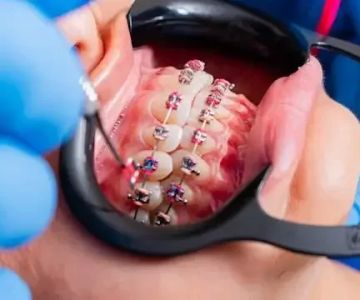
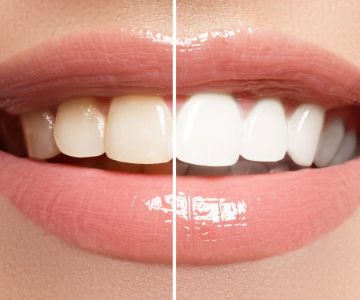
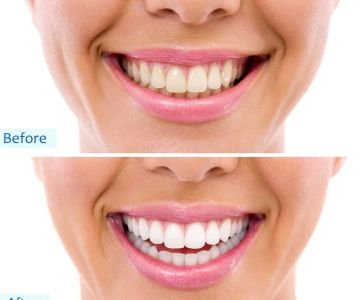
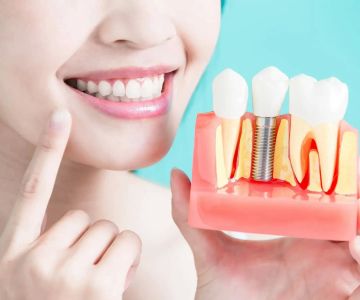
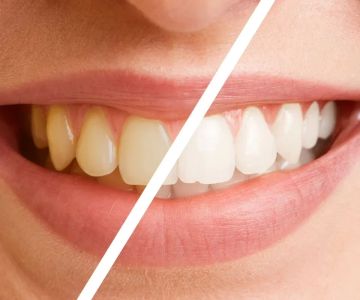

 Central Park Dental4.0 (519 review)
Central Park Dental4.0 (519 review) Oelbaum & Kagan Dentistry4.0 (578 review)
Oelbaum & Kagan Dentistry4.0 (578 review) Dr. Steven R. Hart, DDS Devon Dental Associates0.0 (0 review)
Dr. Steven R. Hart, DDS Devon Dental Associates0.0 (0 review) Compassionate Dental Care5.0 (34 review)
Compassionate Dental Care5.0 (34 review) Familia Dental4.0 (458 review)
Familia Dental4.0 (458 review) Rialto Dental Group and Orthodontics4.0 (222 review)
Rialto Dental Group and Orthodontics4.0 (222 review) The Importance of Oral Health Education During Pregnancy for a Healthy Pregnancy
The Importance of Oral Health Education During Pregnancy for a Healthy Pregnancy Best Tips for Brushing Your Teeth Properly for Healthy Gums: Essential Techniques for Oral Health
Best Tips for Brushing Your Teeth Properly for Healthy Gums: Essential Techniques for Oral Health Why Skipping Dental Checkups Can Lead to Bigger Oral Health Problems
Why Skipping Dental Checkups Can Lead to Bigger Oral Health Problems Advantages of Porcelain Dental Restorations
Advantages of Porcelain Dental Restorations How Can Diabetes Cause Tooth and Gum Problems? Preventing and Managing Oral Health Issues
How Can Diabetes Cause Tooth and Gum Problems? Preventing and Managing Oral Health Issues Healthy Habits for Promoting Good Oral Health and Hygiene: Tips for a Healthy Smile
Healthy Habits for Promoting Good Oral Health and Hygiene: Tips for a Healthy Smile